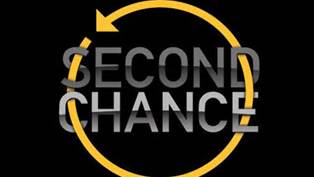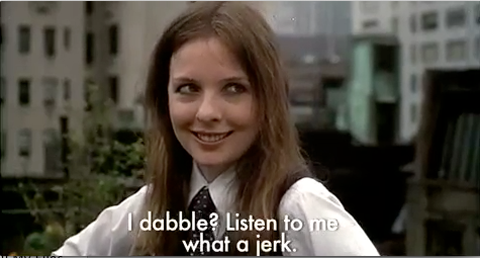 In my last post, I compared business to dating. Continuing that theme… Another similarity is “absent information, we make stuff up.” In the dating world, if he doesn’t call, we assume all kinds of things. Similarly with a prospect, an employee, a customer, a new connection.
In my last post, I compared business to dating. Continuing that theme… Another similarity is “absent information, we make stuff up.” In the dating world, if he doesn’t call, we assume all kinds of things. Similarly with a prospect, an employee, a customer, a new connection.
And, most of the time when we don’t like how we perceive something went, we simply walk away. What if instead, we offered feedback?
Several months ago, I met a talented young entrepreneur through a mutual friend. Our mutual friend asked me to consider introducing her to some of my contacts. I am always very careful about making introductions, as I feel a responsibility to both parties. Long story short, I introduced her to a couple of friends and never heard anything more from any of the parties. I like to complete the circle, so I reached out and learned from my new contact that she had met with each of my friends and they were good meetings.
Shortly thereafter, my new contact asked for a second meeting and around that same time, I happened to speak with both of my friends. My friends had a story, similar to each other, but different from what I heard from my contact. Each of my friends came away feeling that my new contact had promised to send them something and never heard from her again.
New friend, only had a first date, while there was a spark, (see last week’s blog), my gut said, “no second date”‘. She didn’t treat my relationships with the same care as I do.
Instead, I did go on the second date, prodded by a friend who encouraged me to. I decided I had a responsibility to give my new friend feedback.
What ensued was a real conversation about the emotional wake we sometimes leave; the importance of focusing on what is important and the importance of perceptions. It was a defining moment for both of us. For me, being open to hearing feedback that was different from my perception; for her taking a pause and focusing on what matters.
She and I have become friends, not in spite of our conversation, but because of it. She has since told me that she has completely changed her approach to building her business, because of our conversation.
The next time something doesn’t go the way you want it to, with someone with whom you see potential, perhaps a new member of your team, someone you recently promoted, or someone you might do business with, would you consider giving feedback, instead of walking away?



















 The initial results of my Pivot are excellent. I feel I have much greater clarity regarding the next 3-5 years..
The initial results of my Pivot are excellent. I feel I have much greater clarity regarding the next 3-5 years..  John Yerger
John Yerger